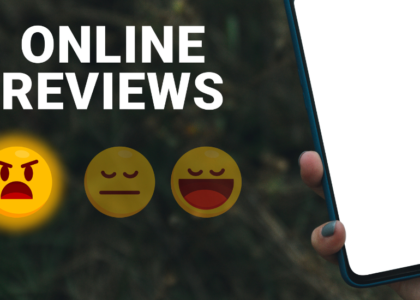A content strategy is a road map you follow to reach your business goals using content marketing. It helps you decide on and plan for engaging, valuable content at each stage of the buyer’s journey—from awareness of your solution to becoming a client and beyond with retention and advocacy.
While content strategy is a road map for creating and managing content, content marketing is a specific tactic or approach within that larger content strategy. Content marketing is the process of creating and distributing valuable, relevant, and consistent content. The aim is usually to connect with an audience and drive profits.
Why Do You Need a Content Strategy?
Here are some additional reasons you should have a content strategy in place:
- A content strategy helps you create content with purpose and stay in line with your business goals and target audience needs. Documenting this strategy is important: According to our 2023 State of Content Marketing Report, 80% of respondents who consider their content marketing efforts to be very successful have a documented strategy.
- It’s more effective and efficient than creating content on the fly. By planning out what you need for the month, quarter, and year, you can divide your budget and designate resources in the best ways possible.
- With a data-driven approach to content marketing, you’ll understand which types of content are most important for your business. That way, you’ll be creating the most valuable and impactful content for your audience.
- Finally, a content strategy helps you understand what works, what doesn’t, and what you need to improve.
What Are the 4 Key Components of Content Strategy?
With a solid content creation strategy in place, you’ll be connecting with your audience and aligning with your business goals.
Here are four key components of a content strategy framework and why each one is important:
Business goals and metrics
A successful content strategy plan doesn’t exist in a vacuum. It’s important to understand the bottom line: What does your company need to achieve in the next 6 to 12 months? And how can content marketing help you do that?
Your content strategy should be pushing all your marketing efforts along in the same direction and staying aligned with these goals.
Once you know your key goals, it’s key to also think about content marketing metrics that will help you assess performance.
Audience profile
Understanding your target audience is essential to succeed in content marketing.
Beyond knowing their demographic information and buying behavior patterns, you should have deep knowledge of their goals and pain points.
You also need to understand the context in which they exist and the questions they need answering.
This will help you create a content strategy and content plans tailored to your customers’ needs. Eventually, it’ll ensure that your content resonates and that your budgets don’t go to waste.
Production and content management plans
Content management will form part of the strategy picture. It entails a lot of the production process, including:
- Content creation: How will you create it? Who will write and design it?
- Editing: Who will ensure it’s of the highest quality, well optimized, and ready for publishing?
- Organizing: Who’s responsible for creating an editorial calendar and getting things done and on time?
- Distributing: Where will your content be published and in what formats?
- Promoting: How will you make sure your content reaches the right audiences?
Budget and team
Finally, it’s important to consider your budget and human resources—the factors that will ultimately determine the successful execution of your strategy.
If you have very limited resources, it will be more important to focus on the few key channels that are most effective for your business instead of trying to “boil the ocean” and do everything at once.
It’s better to create a few pieces of great content rather than a bunch of mediocre pieces, after all.
You will need to set a budget for content strategy, production, and promotion. So be sure to think about these elements before going full steam ahead.
Request your search audit
- Increase your conversion rate
- Reduce your bounce rate
- Increase your average order value
- Retain your online shoppers




